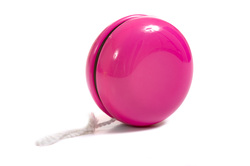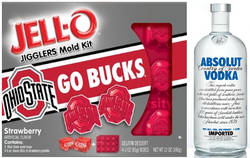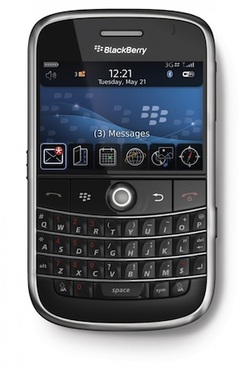 Harvesting crops in the city: easier than getting a trademark on a generic phrase.
Harvesting crops in the city: easier than getting a trademark on a generic phrase. These are the rules that apply to many for-profit, and even non-profit organizations. The name of the game is name recognition, with an underlying economic motivation of economic gain. Consumers recognize the symbol, attribute it to a single source, draw upon prior experiences with products/services bearing that symbol, purchase the product, and enjoy. Rinse and repeat a thousand times (or hopefully many more) and you get goodwill. The owner hopes that it will have exclusive ownership over the symbol so that consumers won’t choose a competitive product thinking it to be from the owner. Economics therefore plays a role at two levels. On the purchasing side, it embodies the intangible associations between the name and the source. On the sale side, it represents the desire to prevent others from creating the same association using a similar symbol.







 RSS Feed
RSS Feed